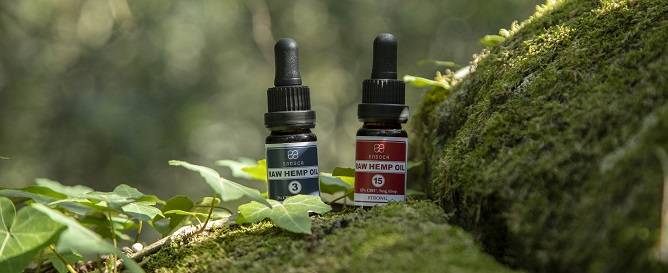

This is the most comprehensive guide to Cannabis Derived Compounds ever. In this guide you’ll learn everything you need to know about products that containing CBD.
With novel herbal products that every day come by; Cannabis Derived Compounds are one of the best products that supports daily well-being. In fact, 88% of customers reviews the products as Excellent and Great.
The question is: What You Need to Know About Cannabis Derived Compounds, Including CBD? Well, that’s where this ultimate guide comes into play.
1: What is the difference between cannabis, hemp and industrial hemp?
Cannabis is a family of plants with two main species—indica and sativa. Cannabis contains a variety of compounds called cannabinoids. THC (delta-9-tetrahydrocannabinol) and CBD (cannabidiol) are usually the most common cannabinoids in cannabis. THC causes a psychoactive effect, while CBD does not contain psychoactive properties. Hemp is cannabis that contains a very low concentration of THC (0.3 percent or less). Plants that contain more than 0.3 percent THC are considered cannabis, also sometimes known as marijuana. Industrial hemp is hemp that is high in fiber grown for industrial purposes, such as to make rope, textiles, paper, and many other products. Hemp seeds (and the oil from the seeds) are used as a food source.
2: What is CBD?
CBD (cannabidiol) is one of the two main compounds found in cannabis. It does not have psychoactive properties and doesn’t make a person feel high. CBD is one type of cannabis-derived product.
3: Where does CBD come from?
CBD comes from the cannabis plant. People refer to cannabis plants as either hemp or marijuana, depending on how much THC they contain.
The FDA note that hemp plants are legal, as long as they contain less than 0.3%Trusted Source THC.CBD oil comes from these legal hemp plants.
4: Is marijuana the same thing as cannabis?
People often use the words “cannabis” and “marijuana” interchangeably, but they don’t mean exactly the same thing. The word “cannabis” refers to all products derived from the plant Cannabis sativa. The cannabis plant contains about 540 chemical substances. The word “marijuana” refers to parts of or products from the plant Cannabis sativa that contain substantial amounts of tetrahydrocannabinol (THC). THC is the substance that’s primarily responsible for the effects of marijuana on a person’s mental state. Some cannabis plants contain very little THC. These plants are considered “industrial hemp” rather than marijuana.
5: Does CBD get you high?
Pure CBD doesn’t contain THC, so it shouldn’t make you feel high.In general, if your CBD product doesn’t have any other additives, it shouldn’t make you high.
6: the health benefits of CBD
There’s a lot of things to talk about CBD helping with anxiety, pain, stress, and insomnia. There’s currently research underway to see if CBD can help with Parkinson’s disease, schizophrenia, multiple sclerosis, insomnia, and anxiety. Right now, The FDA has only approved CBD product used to treat 2 severe and rare forms of childhood epilepsy.
CBD may benefit a person’s health in various ways. According to a 2018 study Trusted Source, reasons for taking CBD oil include:
7: Are there any health risks associated with CBD?
Some potential side effects of CBD are nausea, fatigue, and irritability. But the bigger risk with CBD is with drug interactions for example, pain medications, psychiatric medications, blood thinners, antihistamines, and more. If you’re taking CBD, let your doctor know so they can review your medications to help you avoid a bad reaction.
8: Are cannabis or cannabinoids helpful in treating health conditions?
Drugs containing cannabinoids may be helpful in treating certain rare forms of epilepsy, nausea and vomiting associated with cancer chemotherapy, and loss of appetite and weight loss associated with HIV/AIDS. In addition, some evidence suggests modest benefits of cannabis or cannabinoids for chronic pain and multiple sclerosis symptoms. Cannabis isn’t helpful for glaucoma. Research on cannabis or cannabinoids for other conditions is in its early stages.
There is growing interest in CBD as a therapy for various conditions. As regulation increases, more specific dosages and prescriptions will start to emerge. For now, people should ask a healthcare professional for advice about which product to use and how much to take.